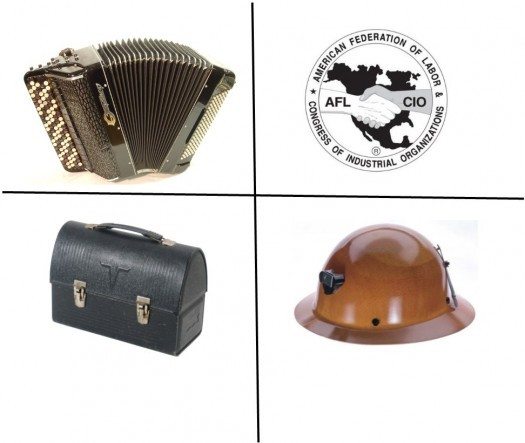Labor & Economy
Why Aren’t Unions More Appealing to the Public?

As the number of American public- and private-sector workers belonging to a labor union reached an all-time low this past year, many of us sat on the sidelines scratching our collective heads, wondering why. Academics and economists will say it’s because the type of work Americans do is changing and, as we shift from a manufacturing to a service economy, union jobs in factories (those that haven’t already been offshored) are being replaced by nonunion desk jobs. However, ask an average employee or person on the street why fewer workers belong to a union than a generation ago. They will most likely say it’s because unions have lost their relevance, are outdated concepts or that they aren’t needed.
But how can the latter be true when the mean real wages of American workers are lower than they were in the 1970s, around the time that union manufacturing jobs began globally migrating south and to Asia? Do the concepts of fair compensation for work done, basic worker protection from unlawful termination and due process ever go out of style or become irrelevant? And the last time I checked, there were millions of working class Americans with no health care for themselves or their families. If that is not a union issue ripe to be organizing around, then I don’t know what is.
My grandfather, in his prime working years, not only belonged to two different labor unions, but also belonged to a labor union recreational baseball team and a union band, and religiously attended union Labor Day parades and picnics. Only a generation ago my father began taking me to his Carpenters Union Hall before I was tall enough to look through the large front window bearing its proud logo. Every other Tuesday was the night he went to his union meeting. He didn’t miss them — to not go would have been unthinkable. My mother, also a union member, would drag us kids to her union meetings. I can still taste the brownies and Hawaiian Punch in the big, blue metal container that served attendees.
Do American workers today not see the connection between their livelihood and the union movement? Have we as a nation become so complacent that we will accept what is given to us instead of fighting for what we deserve? And culturally, have we replaced meetings and social events like picnics with e-updates and Facebooking? Have we really lost our national thirst for delicious Hawaiian Punch?
Not only do we as a labor movement need to step up our efforts in organizing but we also need to do a better job of letting workers — union and nonunion — know what it is that we stand for. We have been playing defense for so long and explaining why we are using dues money to be involved in the political process, that we’ve forgotten to advertise how we won that grievance that gave you your lunch break, negotiated that contract that forced the employer to contribute to your health benefits premium and elected that candidate who refused to cross a picket line.
Also, it probably wouldn’t hurt to start up that union band again. I have been dying to dust of that old accordion of mine.
(Frank Oppedisano is a field representative for the California Federation of Teachers.)

-

 Column - State of InequalityJanuary 22, 2026
Column - State of InequalityJanuary 22, 2026On Eve of Strike, Kaiser Nurses Sound Alarm on Patient Care
-

 Latest NewsJanuary 16, 2026
Latest NewsJanuary 16, 2026Homes That Survived the 2025 L.A. Fires Are Still Contaminated
-

 The SlickJanuary 20, 2026
The SlickJanuary 20, 2026The Rio Grande Was Once an Inviting River. It’s Now a Militarized Border.
-

 Latest NewsJanuary 21, 2026
Latest NewsJanuary 21, 2026Honduran Grandfather Who Died in ICE Custody Told Family He’d Felt Ill For Weeks
-

 The SlickJanuary 19, 2026
The SlickJanuary 19, 2026Seven Years on, New Mexico Still Hasn’t Codified Governor’s Climate Goals
-

 Latest NewsJanuary 22, 2026
Latest NewsJanuary 22, 2026‘A Fraudulent Scheme’: New Mexico Sues Texas Oil Companies for Walking Away From Their Leaking Wells
-

 The SlickJanuary 23, 2026
The SlickJanuary 23, 2026Yes, the Energy Transition Is Coming. But ‘Probably Not’ in Our Lifetime.
-

 The SlickJanuary 27, 2026
The SlickJanuary 27, 2026The One Big Beautiful Prediction: The Energy Transition Is Still Alive

